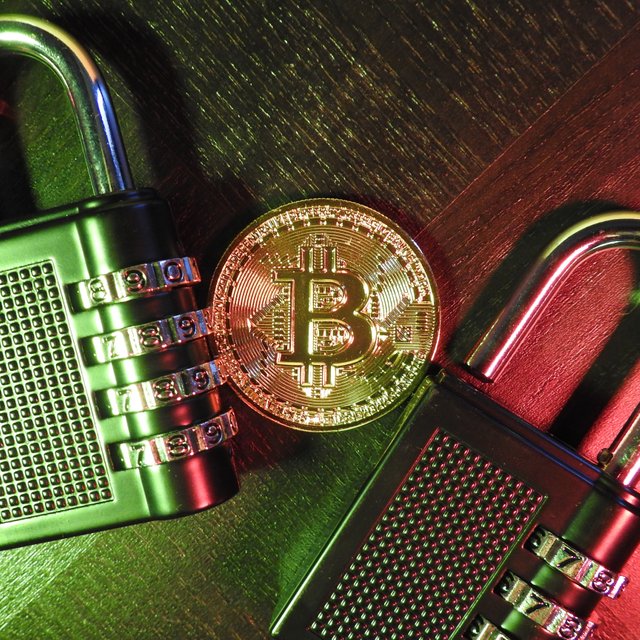
Cryptocurrency wallets are a critical part of the cryptocurrency ecosystem. They allow users to store, send, and receive cryptocurrencies. However, crypto wallets are also vulnerable to a number of risks, including hacking, malware, and phishing attacks.
Hacking
Hacking is one of the most common threats to crypto wallets. Hackers can steal cryptocurrency from wallets by exploiting security vulnerabilities or by tricking users into revealing their private keys. In 2021, there were over $10 billion worth of cryptocurrency stolen from wallets, according to the cryptocurrency security firm CipherTrace.
Malware
Malware is another common threat to crypto wallets. Malware can be installed on a user's computer or mobile device through a variety of ways, such as clicking on a malicious link, opening an infected attachment, or downloading a fake app. Once malware is installed, it can steal cryptocurrency from a user's wallet or give hackers access to the user's private keys.
Phishing Attacks
Phishing attacks are another common way that hackers target crypto wallets. In a phishing attack, hackers send emails or text messages that appear to be from a legitimate source, such as a cryptocurrency exchange or wallet provider. The emails or text messages often contain a link that, when clicked, takes the user to a fake website that looks like the real website. Once the user enters their login credentials on the fake website, the hackers can steal them and use them to access the user's wallet.
How to Best Combat Crypto Wallet Risks
There are a number of things that users can do to protect their crypto wallets from these risks. These include:
Using a secure wallet: There are a number of different types of crypto wallets available, each with its own security features. Some wallets are more secure than others, so it is important to choose a wallet that has strong security features.
Storing cryptocurrency offline: One of the best ways to protect cryptocurrency from hacking and malware is to store it offline. This can be done by using a hardware wallet or a paper wallet.
Keeping your private keys safe: The private keys are the keys to your cryptocurrency. If you lose your private keys, you will lose access to your cryptocurrency. It is important to keep your private keys safe and secure.
Being careful about what links you click: Phishing attacks often involve sending emails or text messages with links that, when clicked, take the user to a fake website. It is important to be careful about what links you click and to only click links that you trust.
Keeping your software up to date: Software updates often include security patches that can help to protect your wallet from vulnerabilities. It is important to keep your software up to date to ensure that you have the latest security patches.
By following these tips, users can help to protect their crypto wallets from the risks of hacking, malware, and phishing attacks.
In addition to the above, there are a number of other things that users can do to protect their crypto wallets, such as:
Using a strong password and two-factor authentication
Only using trusted cryptocurrency exchanges and wallet providers
If you'd like to find out more visit https://tinyurl.com/4bdm9ccm
Keeping your computer and mobile device up to date with the latest security patches
By following these tips, users can help to protect their crypto wallets and keep their cryptocurrency safe.